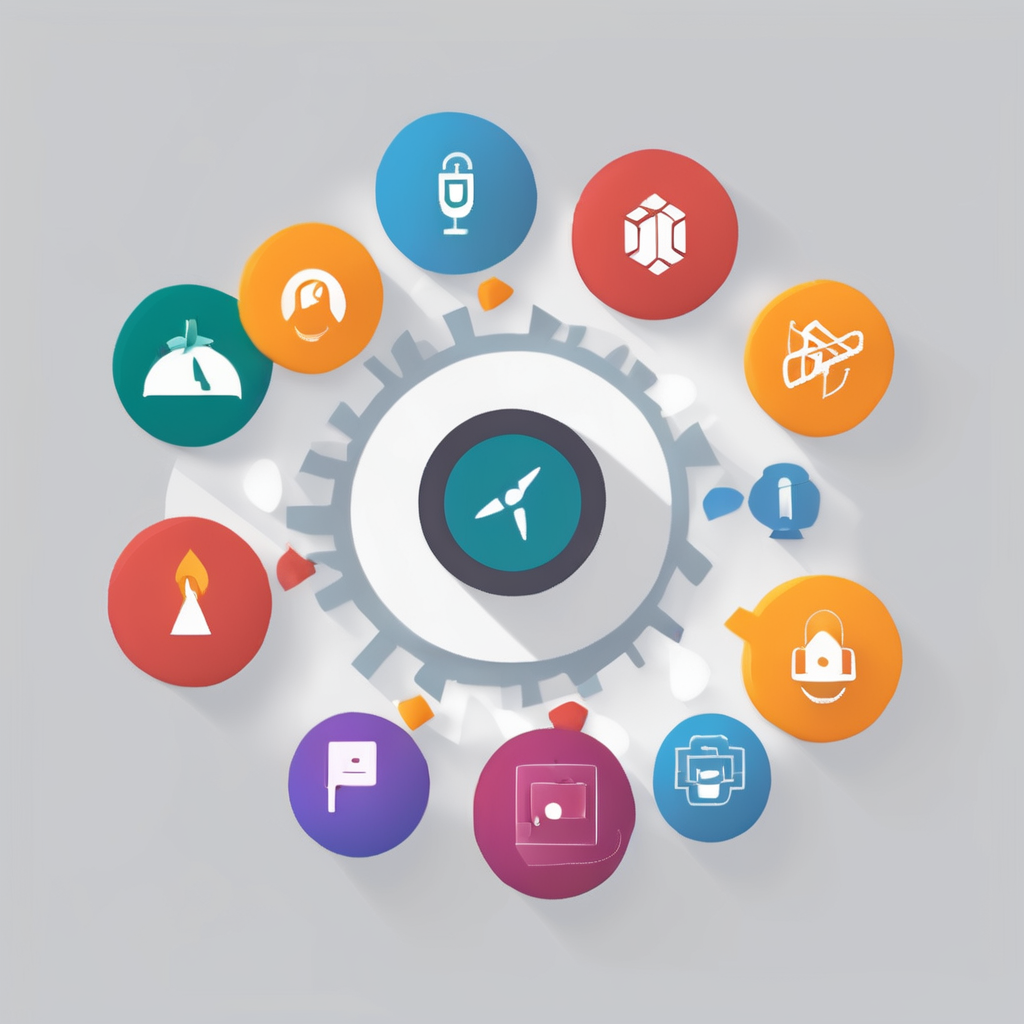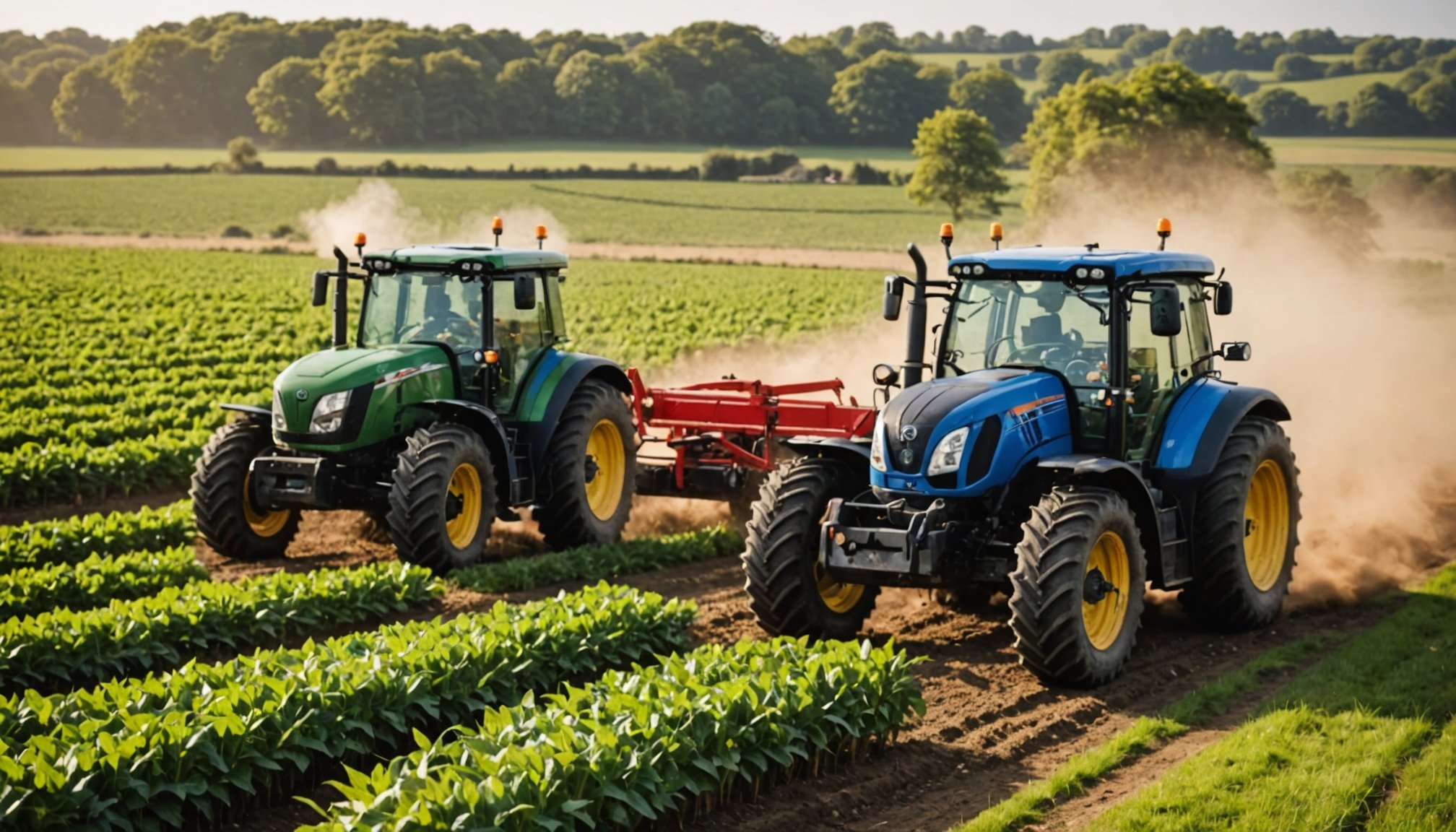Overview of Blockchain Technology
Blockchain technology is a revolutionary system that offers a unique approach to managing data. It fundamentally relies on a network where information is distributed across multiple nodes, enhancing both data security and transparency. Unlike traditional databases, which are often centralized and controlled by a single entity, blockchain ensures decentralization by allowing data to be stored in a distributed ledger. This decentralization mitigates the risk of data tampering and failure by reducing the reliance on a central authority.
One of the key components of blockchain technology is the use of smart contracts. These are self-executing contracts with the terms of the agreement directly written into code. Smart contracts automate processes and facilitate, verify, or enforce the negotiation of a contract, without the need for third parties. By leveraging blockchain, smart contracts provide secure and efficient transactions.
Also to see : Transforming Financial Advisory in the UK: Harnessing the Potential of Data Analytics
In contrast, traditional databases use a centralized model, where data can be more vulnerable to security breaches and manipulation. Blockchain’s immutable structure ensures that once data is recorded, it cannot be altered, promoting consistency and integrity. This innovative framework is reshaping industries by offering a more secure and transparent method of data management.
Application of Blockchain in UK Agricultural Cooperatives
Through blockchain technology, UK agricultural cooperatives can drastically improve the traceability and transparency of their products. By recording every step of a product’s journey from farm to consumer, blockchain ensures that each item in the agricultural supply chain is accounted for, increasing food safety and quality assurance. This method allows consumers to have full confidence in the origins and journey of their food products, thereby enhancing trust and brand loyalty.
Also to see : Rediscovering Taste: Enhancing UK Breweries with Locally-Sourced Ingredients for Distinctive Brews
Streamlining supply chains becomes more feasible with blockchain applications. By reducing the number of intermediaries, transactions become more efficient and cost-effective. Blockchain’s shared network can integrate diverse stakeholders, providing a unified platform for all parties involved in the agricultural supply chain. This reduction in complexity leads to faster transactions and reduced overhead costs.
Improving farm management is another significant advantage. Blockchain aids in precise data collection and analysis, which is critical for optimizing farm operations. Through real-time insights provided by blockchain technologies, agricultural cooperatives can make more informed decisions, enhancing productivity and sustainability. This approach empowers farmers with the information required to make strategic decisions regarding their resources and crop management.
Benefits of Implementing Blockchain in Agriculture
Implementing blockchain in agriculture offers numerous benefits that can transform traditional farming practices. One of the primary advantages is the increased efficiency through automated processes. Blockchain technology allows for seamless tracking of products from farm to consumer, reducing the need for manual interventions and delays. By automating record-keeping and transactions, farmers can focus more on production and less on administrative tasks.
Another significant benefit is cost reduction. Blockchain reduces costs associated with fraud and manual processes by providing a secure and immutable ledger. This eliminates the unnecessary expenses of verifying transactions and combating fraudulent activities. Farmers and companies can save resources that would otherwise be spent on oversight and rectifying errors.
Furthermore, blockchain fosters enhanced trust among stakeholders. By enabling transparent data sharing, all parties involved in the agricultural supply chain can access and verify information independently. This transparency builds confidence and ensures that each step in the production and distribution process is recorded accurately. By sharing data openly, blockchain reduces disputes and fosters collaboration, increasing stakeholders’ willingness to engage and invest in agricultural projects.
Challenges in Implementing Blockchain
Implementing blockchain technology in agriculture presents several barriers. Technical challenges are significant, especially for small cooperatives that may lack resources and expertise. Blockchain requires substantial investment in technology infrastructure and a skilled workforce proficient in its integration. This can deter smaller or resource-constrained entities from adopting the technology effectively.
Another difficulty lies in the resistance to change. Traditional farmers, accustomed to age-old practices, may be sceptical about shifting to a digital system. The perceived complexity of blockchain can be daunting, causing hesitation in its acceptance. For successful integration, it is crucial to provide education and support, addressing these concerns and demonstrating tangible benefits.
Moreover, legal and regulatory considerations present formidable barriers. The lack of a unified framework governing blockchain technology can create uncertainty. Different jurisdictions might have varying regulations concerning data protection, asset ownership, and contractual obligations. This creates additional complexity in implementation, as businesses must navigate these murky waters to remain compliant.
Therefore, overcoming these barriers requires a collaborative effort from stakeholders to streamline processes, educate end-users, and develop clear regulatory pathways for blockchain integration.
Case Studies of Successful Blockchain Initiatives
Exploring case studies offers a glimpse into the potential of blockchain in transforming industries. These success stories illustrate real-world implementations of this technology.
Example 1: Walmart’s Food Traceability Initiative
Walmart aims to improve food safety through blockchain technology. By tracing food from farm to table, they ensure transparency and quicker responses to contamination issues. One of the key outcomes is the reduction of food traceability from 7 days to just 2.2 seconds, highlighting blockchain’s power to streamline processes. Additionally, suppliers benefit from better accountability standards, improving overall quality and customer trust.
Example 2: IBM and Maersk’s TradeLens
IBM partnered with Maersk to create TradeLens, a platform aiming to digitise global trade using blockchain. By involving over 90 companies, they utilise smart contracts to streamline shipping processes, reducing paperwork and fostering efficiency. This initiative has significantly impacted local agricultural practices by speeding up inspections and deliveries, thus benefiting members with reduced costs and enhanced security.
Example 3: VeChain’s My Story™
During the development, VeChain faced challenges such as integrating with legacy systems. Despite these hurdles, My Story™, a detailed product lifecycle tracking tool, has shown noticeable long-term benefits. Businesses using it have reported increased consumer trust as they can verify product origins and sustainability claims. Such real-world implementations highlight blockchain’s adaptability across various sectors.











